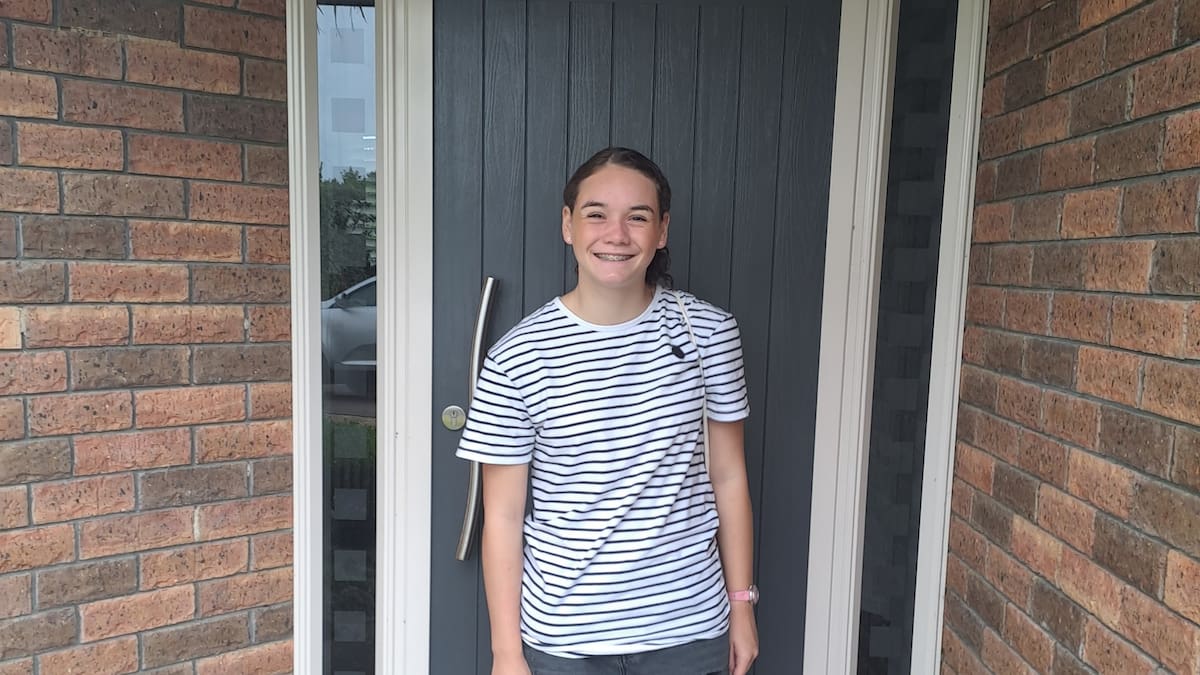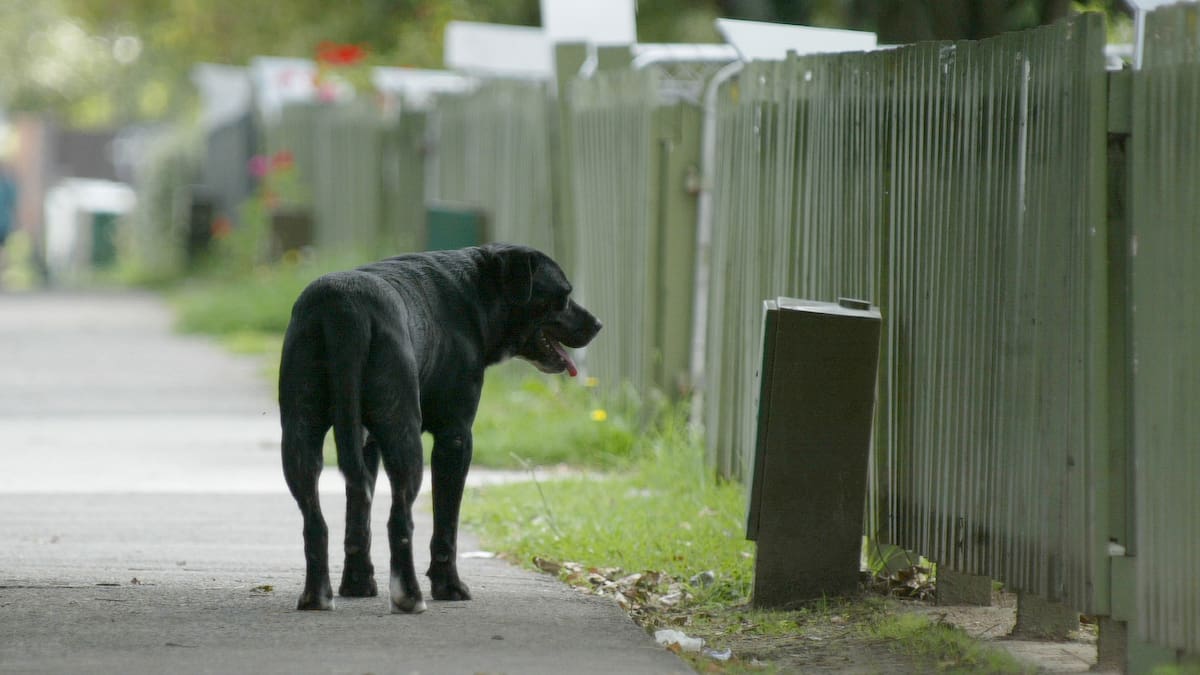One of the changes involves a cap on sentence discounts. Judges can now only apply a discount of up to 40% for mitigating factors unless the resulting sentence would be manifestly unjust.
Limits will also be in effect to prevent the repetition of discounts. Youth and remorse can no longer be repeatedly used to justify lighter sentences without evidence of genuine behavioural reform.
The Government has set a maximum 25% discount for guilty pleas, with discounts decreasing in relation to how late the plea was made.
Cumulative sentences will be encouraged for those who offended while on bail, in custody or on parole.
Goldsmith announced over the weekend that the Government would introduce new offences for people who assault first responders.
Goldsmith described violence against first responders and prison officers as “heinous”.
“Where others may flee, first responders and prison officers run towards danger to help those who need urgent assistance,” he said.
“Assaulting them puts multiple lives at risk, so there must be greater consequences for these heinous acts of violence. Our hard-working police officers, firefighters, paramedics and prison officers deserve better.”
The proposed changes include:
- Assaulting a first responder or prison officer to have a maximum sentence of three years’ imprisonment. This expands an existing provision on assaulting police to cover all first responders and prison officers.
- Assaulting a first responder or prison officer with intent to injure will have a maximum sentence of five years’ imprisonment. This is a two-year increase in penalty from the standard offence.
- Injuring a first responder or prison officer with intent to injure will have a maximum sentence of seven years’ imprisonment and will be added to Three Strikes. This is also a two-year increase in penalty from the standard offence.






